Acceptance and Commitment Therapy combines behavioral therapeutic techniques with mindfulness training techniques aimed at helping an individual to live consciously in the present and to remain focused on one’s core values and goals, rather than focusing on past events which are out of one’s control. The ACT approach encourages the depressed client to accept unpleasant experiences, as opposed to avoiding them, and can clear the path toward living in the present, pursuing meaningful personal goals, and being more open to positive opportunities. ACT does not try to limit an individual’s exposure to negative experiences. Rather, this approach focuses on confronting painful memories and accepting stressful circumstances, so that the individual can be free to pursue and maintain well-being.
ACT helps the individual with committing to behavioral changes which increase psychological flexibility, thus empowering the individual to adapt to changes in the environment and to implement coping strategies which align with an individual’s true goals and values. Psychological flexibility can create great freedom from depressive symptoms. In order to stay psychologically flexible, one needs to be willing to tolerate a range of emotions, instead of trying to suppress or avoid them. Psychological flexibility also helps depressed clients to get “unstuck” from self-destructive thought and behavioral patterns.

The ACT approach teaches Distress Tolerance strategies, which can help the depressed client to reflect upon different behavioral reactions (or the “opposite action” technique) to distressing situations in one’s daily experiences and in one’s significant relationships. Depressed clients tend to react to distressful situations with loved ones by dissociating mentally, escaping the situation physically, or becoming extremely frustrated to the point of giving up on improving the relationship. The goal of Distress Tolerance is to become capable of calmly and assertively confronting relationship, academic, or work problems, rather than becoming overwhelmed by one’s thoughts and emotions and shutting down.
The ACT approach also teaches Mindfulness strategies, which can guide the depressed client in consciously “zoning in” on the present moment, rather than using the old patterns of “zoning out” in a whirlwind of helplessness and hopelessness. Mindfulness strategies are extremely powerful in helping depressed clients to be fully present and aware of what one is doing, thinking, saying, or feeling at any given moment. Being “present” can be understood as the practice of observing one’s own actions and others’ actions without judging these experiences. In other words, it involves experiencing what is happening without trying to predict or change the experience. Mindfulness strategies can also increase one’s awareness of distinct sensory reactions to different environments, thus decreasing depression-related “freeze” responses and increasing one’s emotional regulation, which is often difficult for those struggling with depression. Through Mindfulness training, a depressed client can develop a strong and unwavering sense of internal control when making decisions and when experiencing self-doubt or fear. Mindfulness takes effort and practice. Mindfulness is about being present in each moment and not allowing your thoughts to focus on the past or on what may happen in the future. Furthermore, Mindfulness can allow you to accept your emotions without clouding your actions.

The “commitment” aspect of ACT aims at improving one’s locus of control by taking responsibility for one’s past and present actions and by identifying and evaluating different options for handling challenges and disappointments. For the depressed client, it is very empowering to brainstorm until one can envision the most effective strategies for pursuing goals and for gaining control over past disappointments and pain. By doing these brainstorming activities, the depressed client can gradually become ”unstuck” and can experience a greater level of well-being in one’s daily life.
A final and most significant point is to bravely confront and be willing to learn from failures and setbacks. Instead, the depressed client can view these experiences as valuable opportunities to learn new ways to succeed. If you view your failures and setbacks as controlling your current well-being, you are engaging in an external locus of control, which can lead to more self-defeating thoughts and may cause more severe emotional problems. By accepting and reflecting upon on the moments which have caused distress, the depressed client can reaffirm one’s strengths in “getting through” traumas and other challenging life events.

You create your own reality. Your reality is greatly shaped by the preconceived assumptions which you tell yourself about your worth, your weaknesses, your past experiences, and your capabilities toward facing future experiences. These assumptions can create motivation and confidence or can create insecurity and sadness. These assumptions can prevent you from exploring different life opportunities, from trusting your intuitions, from doing your best in daily tasks, from living authentically, and from communicating openly in academic, work, and personal environments. If you genuinely desire to create and maintain an internal locus of control, positive self-statements and intentional actions can refocus your mindset at any moment about your past and can build confidence and optimism about your future. It is your own choice to either embrace life’s challenges or to view yourself as a victim of circumstances. Whenever you feel trapped in a certain situation, you can develop much wisdom and hope by frequently reminding yourself about all of your past accomplishments and that you have the ability to shape your future.


